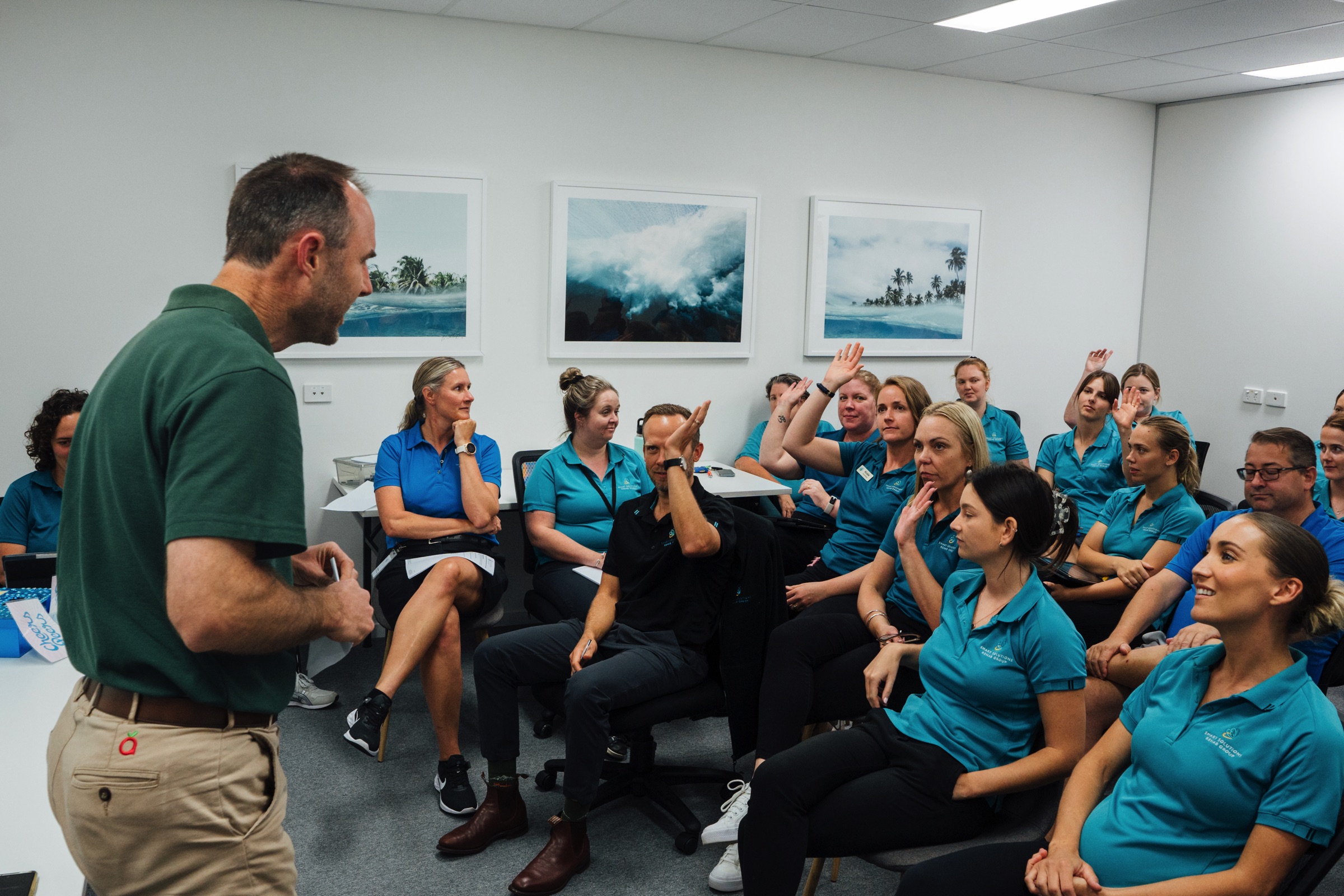What is a Speech Pathologist?
Speech Pathologists are experts in communication. Their clinical role involves the study, diagnosis, and treatment of communication disorders, which can involve elements of speech, language, voice and fluency.
The importance of communication
When we think of communicating, we might think about two people having a conversation. However, for a Speech Pathologist (despite what the name implies), communication involves much more than just speaking. More broadly, communication involves a process of conveying, receiving, comprehending and responding to information. In this regard, Speech Pathologists assist their clients with all facets of communication, including speaking, hearing, listening, understanding, reading, writing, use of voice, and the development of social skills.
Did you know Speech Pathologists are experts in swallowing?
What many people don’t realise about Speech Pathologists is the role they play in assisting with mealtime safety. Speech Pathologists use standardised techniques to diagnose Dysphagia (difficulty swallowing) and can provide advice regarding best practice for safe swallowing, as well as the texture of foods and thickness of fluids. Speech Pathologists also assist with mealtime safety through the development of mealtime management plans, and by making recommendations about alternative utensil use or supportive equipment.
Why are Speech Pathologists important?
Speech Pathologists work with a wide range of people experiencing a variety of communication difficulties due to conditions like developmental delays, learning disabilities, stroke or brain injuries, intellectual disabilities, cerebral palsy, dementia, hearing loss, and a range of other issues that can affect speech and language. Speech Pathologists are skilled in the assessment and diagnosis of specific clinical conditions for which they can develop comprehensive treatment plans based on each patient’s unique needs.
How do Speech Pathologists work?
Assessments and evaluations
Speech Pathology assessments are tailored to a person’s individual needs. An initial assessment will address all elements of a person’s ability to communicate and swallow, as well as identify any potential Augmented and Alternative Communication (AAC) technology requirements. Goal setting is an important element of an initial assessment, and a Speech Pathologist will also conduct review assessments to assess progress and make recommendations for future therapy.
Interventions
Therapy programs
Speech Pathologists develop therapy programs to address an individual’s specific communication or swallowing requirements. In communication, this may include working on speech, fluency, voice, social skills or other goals. With swallowing programs, a Speech Pathologist will devise a treatment plan aimed at retaining or increasing swallowing capacity.
Neurological rehabilitation
Neurological rehabilitation may also form an important part of a person’s intervention if the issue being addressed is caused by a condition like stroke or acquired brain injury, spinal cord injury, multiple sclerosis, or other neurological conditions. In this situation, a Speech Pathologist can assist their client to establish a reliable means of communication, improve speech clarity and work on mealtime safety among other things.
Augmented and Alternative Communication (AAC)
AAC incorporates any communication strategy that assists those with difficulty communicating, and can be unaided (i.e., like the techniques utilised in therapy programs) or aided (consisting of technology systems like tablets, speech generating devices, or eye gaze systems or even low-tech systems like books, paper and pens). Speech Pathologists will script the most appropriate AAC device to meet their client’s needs, with the aim of helping them reach their communication goals.
Education and Skills training
Social skills are vital for establishing and nurturing relationships with others. Given how important communication is in the development of effective social skills, Speech Pathologists are well positioned to develop training programs for their clients based on an assessment of that individual’s current skillset and the identification of social goals. Skills training then helps the client to develop these skills through teaching and practice. Speech Pathologists assist a person to develop their social skills by helping them navigate the ‘rules’ of verbal and non-verbal communication, aiding in language processing and expression, through developing techniques for social interaction, and by improving social cognition.
A secondary aspect of education and training is a Speech Pathologist’s capacity to work with family members and caregivers by providing advice and support. This ensures the client is surrounded by people who possess the necessary knowledge and understanding to deliver the required assistance.
How do I access Speech Pathology?
There are a variety of funding options available depending on a person’s individual circumstances. These might include access to the NDIS, Home Care Packages, DVA, Medicare, Transition Care Services or WorkCover to name a few. The easiest way to explore your options, and assess your eligibility is to discuss your circumstances with a support coordinator or service provider. You can find out more about our Speech Pathology services here, or by contacting us on 1300 729 190 or admin@ssrg.com.au. Our team is always available to discuss your needs.




